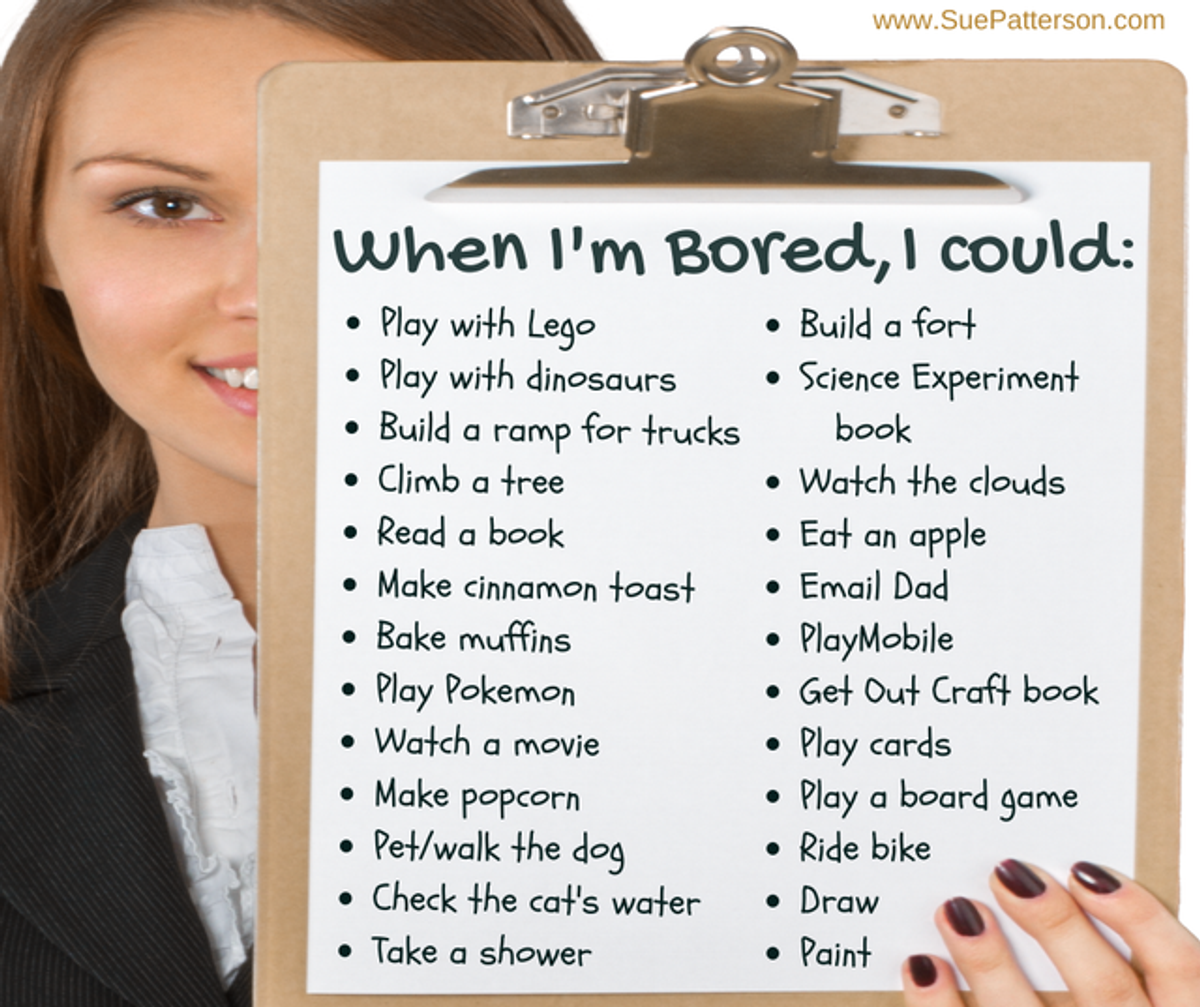Student Wellbeing

What kids really mean when they say ‘I’m bored’
Studies by leading child-psychologists reveal that when kids say ‘I’m bored’ they actually mean ‘I’m not engaged’ or simply ‘Pay me attention’.
It’s a rite of passage for every parent to eventually dread the words, "I'm bored".
Children communicating that the fabulous toys/games they have are no longer going to keep them entertained and us adults telling them how lucky they are to have toys/games at all.
Children who claim they are bored have an opportunity to flex their imaginative and creative skills.
Parents shouldn't jump to solve or dispel boredom immediately—give your child a chance to come up with their own way of entertaining or engaging themselves.
Sometimes when they say 'I'm bored,' a child could be looking for more attention or one-on-one time with their caregiver.
How to Respond to Real Boredom
Once you’ve established that your child really is bored, should you step in to suggest an activity, distraction, or come up with another way to alleviate their discomfort?
Often letting kids come up against their boredom—once they have the tools to be able to do so. Generally speaking, we want kids to have unplanned time where they can sit with their thoughts and explore the world around them as it exists, not necessarily in the form of a toy or activity.
This almost meditative practice, which involves embracing your own thoughts and ideas, without some external distraction, can take practice. Especially in today’s highly scheduled, screen-based world, not all kids have experience with it.
For these kids, they will need some more support in figuring out what are appropriate activities, what are the possibilities. Some scaffolding and prompting from parents can be really helpful as they develop the ability to tolerate quiet and lack of structure.
That might mean setting them up with an arts and craft project they can pursue on their own, or suggesting a trip to the park where they can play independently or make up their own games on the playground.
How to Help Bigger Kids Handle Boredom
When older kids express boredom. If you know that they have some of the capacity to entertain themselves, and if they're still saying ‘I'm bored,’ a conversation would be warranted.
They may feel restricted about what they can do or where they can go, and you may be able to offer practical solutions—like a ride to the library—that help them fill their time.
There should be a conversation to talk about, okay, you're bored, what would you like to do? And maybe there's some kind of practical barriers that you as a parent can address to help them do that.
Otherwise, you might suggest a project that they could take on around the house or a game you can play together, for instance, but you shouldn’t necessarily try to “solve” the problem of boredom or make the associated emotions disappear.
Jenny Willmott
Deputy Principal and Student Wellbeing


